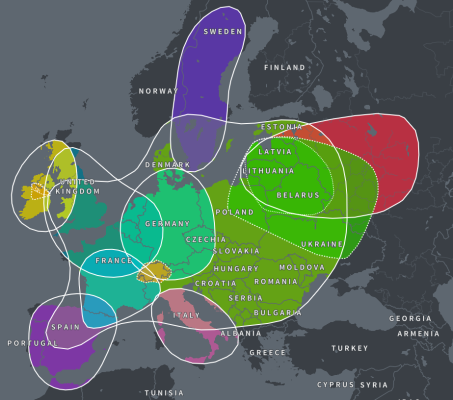- Joined
- Oct 13, 2010
- Messages
- 10,785
I'm less worried about the FBI asking 23andMe to see if they have any matches for crime scene DNA than I am about having my fingerprints in the mega fingerprint database they have, as I think the chance of getting a false positive on a fingerprint is higher (no, I don't have a link). I was (am) annoyed by the "place your hand here" technology when crossing borders, but there seemed to be no way around it. I don't know if they stored that, but if not, I have never otherwise given up my fingerprints knowingly.Wow, just wow. I respect our law enforcement agencies, but they are run by people who have flaws and sometimes just make mistakes or get tunnel vision.
If "they" want your fingerprints or DNA, they can get it, but that's not the problem that's troubling. It's that if you're in their huge searchable database (whether DNA or fingerprints), you can become a "person of interest" based on a false positive. Depending on how bad they want to solve the case, you might be "inconvenienced", or worse.

